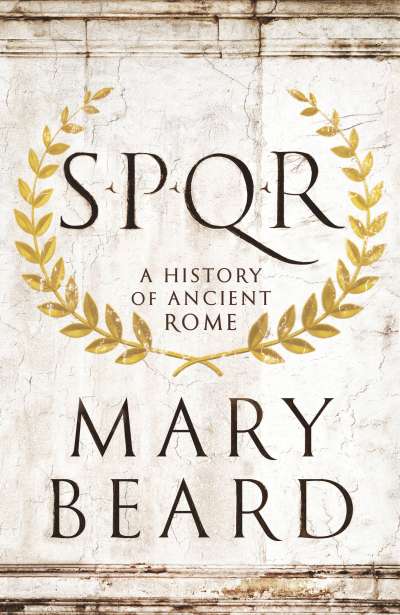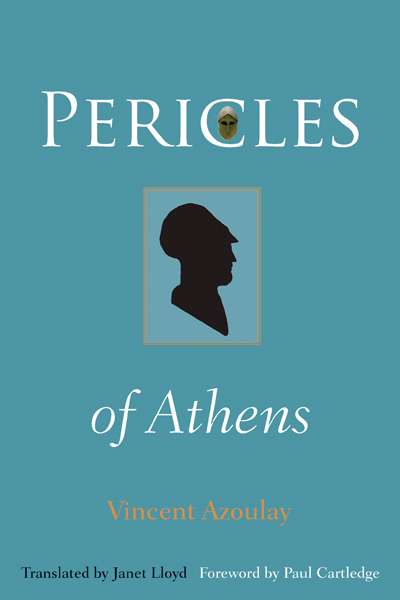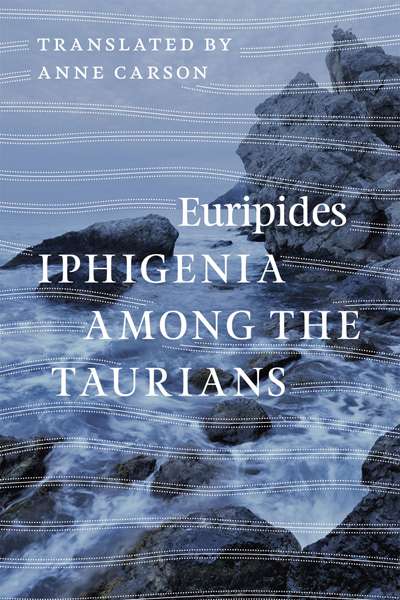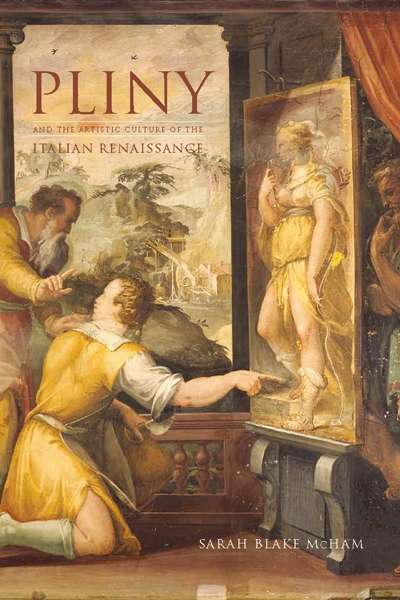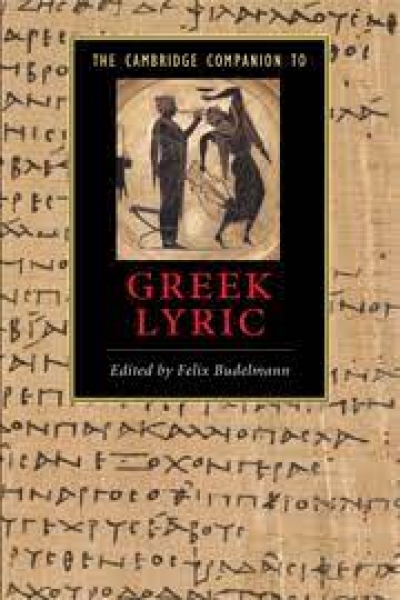Classics
At the very bottom of Hell, Dante represents Satan with three mouths, each of which endlessly devours a figure personifying treachery and rebellion against God. One of these, predictably enough, is Judas. What may be surprising to the modern reader is that the other two are Brutus and Cassius, the assassins of Julius Caesar. In the medieval vision of the universe an ...
Early success is no guarantee of a book’s continued availability or circulation. Some major and/or once-fashionable authors recede from public consciousness, and in some cases go out of print. We invited some writers and critics to identity novelists who they feel should be better known.
Father of democracy or nepotic would-be tyrant, corrupting the citizens with flattery and handouts? Brilliant orator, fearlessly committed to the truth, or dangerous sophist saying whatever the mob wanted to hear? Effective administrator of a complex and benevolent empire or cruel curtailer of the allies’ liberties? A model of sobriety and chastity or a lecherous ...
Father of democracy or nepotic would-be tyrant, corrupting the citizens with flattery and handouts? Brilliant orator, fearlessly committed to the truth, or dangerous sophist saying whatever the mob wanted to hear? Effective administrator of a complex and benevolent empire or cruel curtailer of the allies’ liberties? A model of sobriety and chastity or a lecherous ...
Iphigenia among the Taurians by Euripides (translated by Anne Carson)
Creativity is always an exercise in recycling. Vision comes from revision. In the ancient world, such wisdom was institutionalised; the task of the poet was to powerfully exploit a cultural storehouse of existing plots. Thus the early Greek playwrights reworked the same complex of myths. However, stories are inexhaustible, something that Scheherazade, in another anc ...
On what terms should we interrogate the past? Ancient life can seem essentially unknowable, a place where everything is different, glimpsed only in the words of those who lived then and surviving traces of material culture.
The Cambridge classical scholar Sir Moses Finley argued for an interpretation of ancient life bounded by then current civic and religious beliefs. Finley’s The Ancient Economy (1973) suggested that economic life in classical Greece and Rome was not distinct and separate, with its own language, but was tied intimately to social life. We err therefore by translating current notions of economic motivation to a world of slaves and gods, closeted women, and limited technology. The ancients did not dwell on capital formation, efficiency, or economic growth.
... (read more)Pliny and the Artistic Culture of the Italian Renaissance: The legacy of the 'Natural History' by Sarah Blake McHam
When the intellectuals, writers, and artists of the Renaissance sought a theoretical basis for the new styles they were developing – at a time when the new meant all’antica and the term modern was still coloured by associations with the Middle Ages – they found that ancient sources were relatively abundant in some areas and scarce or non-existent in others. Poets could find inspiration in Horace’s Ars Poetica, and later in Aristotle’s Poetics. And there was a wealth of material on rhetoric – Aristotle, Cicero, Quintilian, Tacitus – in fact an abundance out of all proportion to the practice of the art in an age when public speaking was represented by sermons and university lectures rather than by the deliberative and forensic oratory that were the lifeblood of Greece and Rome.
... (read more)Confronting the Classics: Traditions, Adventures and Innovations by Mary Beard
When Confucius was asked by his disciples how they should become wise, he would enjoin them to study the classics; over two millennia later and much closer to home, Winckelmann declared that it was only by imitating the supreme masterpieces of the Greeks that we too might one day become inimitable – putting his finger on the paradox that the greatest originality always has deep roots in the past.
... (read more)The Classical Tradition by Anthony Grafton, Glenn W. Most, and Salvatore Settis
Unlike China, whose history similarly goes back to the Bronze Age, Europe has been shaped by spectacular collapses and profound renewals, first after the Mycenaean Age and then with the fall of the Roman Empire, which severed what we know as Antiquity from the modern world. The new Europe that emerged from half a millennium of turmoil, cultural regression, and repeated invasion by foreign predators was fundamentally transformed. Its centre of gravity had moved from south-east to north-west; its population was largely composed of former Celtic and Germanic barbarians; its new languages were vernaculars emerging from the pidgin Latin spoken by illiterates; and its religion was Christianity. What made it possible for these originally tribal peoples to build Europe was the blueprint of an extraordinary civilisation, which at first they barely understood, but to which they became the unlikely heirs.
... (read more)The Cambridge Companion to Greek Lyric by Felix Budelmann
It is easy to be complacent about the Greeks. We know they invented democracy, philosophy, drama, the principle of free speech and other things that we value highly; but how often do we read the works of Homer and Hesiod, of Aeschylus, Sophocles and Euripides, of Herodotus and Thucydides, of Plato and Aristotle? How often do we reflect that the Greeks gave the West the very idea of literature? The heritage is so rich that there are whole periods and genres that many readers may never have encountered, except in the most tangential way.
... (read more)And now ’tis done: more durable than brass
My monument shall be, and raise its head
O’er royal pyramids: it shall not dread
Corroding rain or angry Boreas,
Nor the long lapse of immemorial time.
(Horace, Odes, III.xxx)
With what other words could one possibly begin a paper on philanthropy? Here we have the Roman poet Horace in full celebratory mode: his memorial will outlast even hard metal. What’s more, it comes at the end of the third book of Horace’s Odes, so many of which are dedicated to that legendary philanthropist Maecenas, who has given his very name to the arts of philanthropy, and who was the patron not just of Horace but also of Virgil and Propertius. Of course, then as now, Maecenas’s philanthropy was not altogether innocent, as even these poets suggest. Ultimately, the exquisite poetry of this Golden Age was in honour of the one and only emperor, Augustus, lauding his beneficence and the prosperity of his reign.
... (read more)

